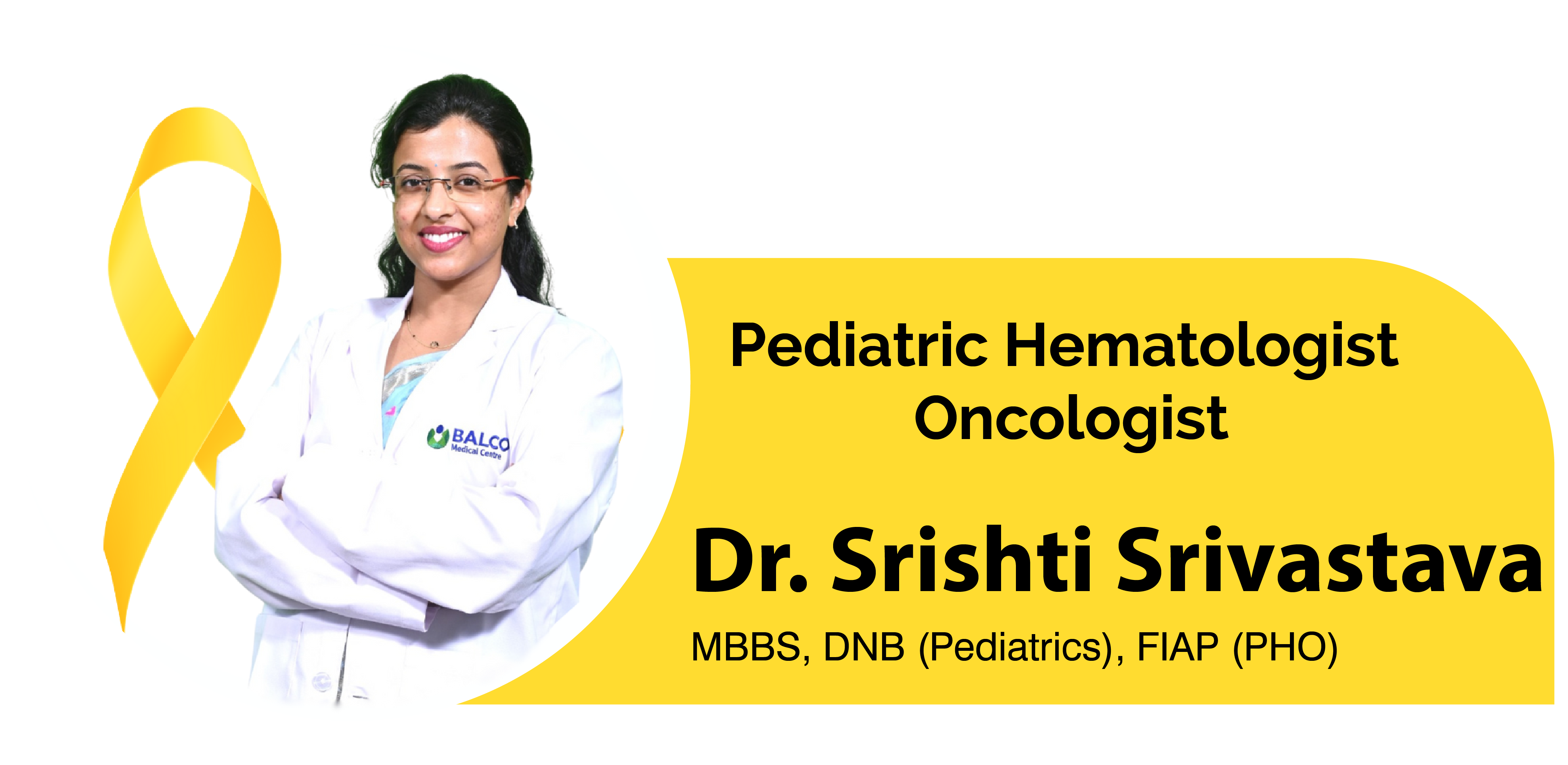What Are Pediatric Immunodeficiency Syndromes?
Primary immunodeficiency disorders (PIDs) are genetic conditions where a child's immune system is either missing or functioning improperly, making them highly susceptible to infections, autoimmune disorders, and certain cancers. These disorders typically present in infancy or early childhood with recurrent, severe, or unusual infections that don't respond to standard treatments.
Major Types
-
Severe Combined Immunodeficiency (SCID)
-
Common Variable Immunodeficiency (CVID)
-
Chronic Granulomatous Disease (CGD)
-
Wiskott-Aldrich Syndrome
Warning Signs
-
Eight or more ear infections per year
-
Two or more serious sinus infections per year
-
Failure to thrive/growth delay
-
Family history of PID
Specialized Management:
-
Immunoglobulin replacement therapy (IVIG/SCIG) to boost immune function
-
Hematopoietic stem cell transplantation as a curative option for SCID
-
Gene therapy as an emerging treatment for long-term immune restoration
-
Prophylactic antibiotics and antifungals to prevent recurrent infections

